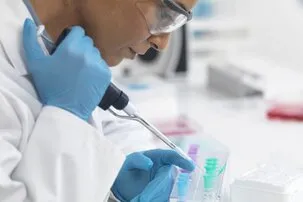A forensic science technician is a professional who plays a crucial role in investigating crimes and analyzing evidence to assist in solving criminal cases. These individuals are responsible for collecting, preserving, and examining physical evidence from crime scenes to identify and analyze potential clues that can help law enforcement agencies and legal professionals in their investigations.
Forensic science technicians work in various settings, including crime laboratories, medical examiner's offices, and law enforcement agencies. They are trained to use a wide range of scientific techniques and equipment to analyze evidence such as DNA samples, fingerprints, ballistics, and toxicology reports. They may also be called upon to testify in court as expert witnesses to present their findings and provide insight into the evidence they have examined.
In addition to analyzing physical evidence, forensic science technicians are also responsible for documenting their findings and preparing detailed reports that can be used in criminal investigations and court proceedings. They must have a keen eye for detail, strong analytical skills, and the ability to think critically and logically when working with complex evidence.
Forensic science technicians must also stay up to date with the latest advancements in technology and forensic science techniques to effectively analyze evidence and ensure the accuracy of their findings. They may also work closely with other professionals, such as law enforcement officers, detectives, and medical examiners, to gather information and coordinate efforts in solving criminal cases.
Overall, forensic science technicians play a critical role in the criminal justice system by providing valuable scientific evidence that can help bring criminals to justice and ensure the fair and just resolution of criminal cases.

